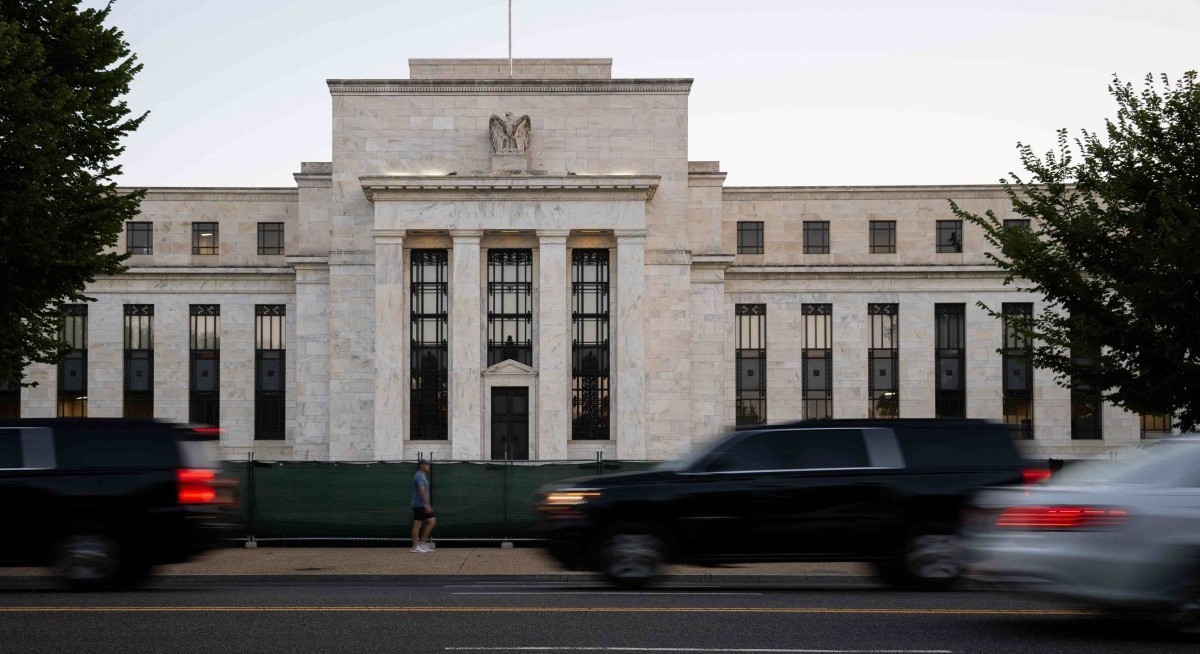Policymakers left interest rates unchanged in a range of 4.25% to 4.5% last month, citing elevated uncertainty in their outlook as economic activity moderated during the first half of the year. Their statement at the time characterised the labour market as “solid” but said inflation remained “somewhat elevated.”
Several said they saw the risks to their dual mandate as roughly balanced, the minutes showed, while a couple said they were more concerned about the labour market. Though the minutes don’t identify policymakers by name, Governors Christopher Waller and Michelle Bowman voted against the decision, pointing to a weakening job market.
In his press conference following the meeting, Chair Jerome Powell said the inflationary impact from tariffs could well be temporary, but the central bank needed to guard against a more persistent effect.
Committee members debated whether tariffs would generate a one-time price impact or a more lasting inflation shock.
See also: US core CPI rises as expected in January on services costs
“Several participants emphasised that inflation had exceeded 2% for an extended period and that this experience increased the risk of longer-term inflation expectations becoming unanchored in the event of drawn-out effects of higher tariffs on inflation,” the minutes said.
Many officials also noted that it could take some time for the full effects of tariffs to be felt in consumer goods and services prices.
US Job Growth Slows as Inflation Holds Above Fed's Goal | More officials at July Fed meeting saw inflation as a greater risk
See also: Investors pour another US$4 bil into US high-grade bond funds
The minutes arrived two days before Powell will deliver a closely-watched speech in Jackson Hole, Wyoming, a stage he has previously used to steer investor expectations on interest rates.
Recent economic data has supported the cautious view on inflation, but undermined confidence in employment.
The biggest spike in wholesale inflation in three years provided the latest sign that companies have begun to raise prices to offset rising input costs. Some Fed officials have voiced concerns that the levies will influence prices well into next year.
Jobs Picture
But large downward revisions to payroll gains revealed weakness in the labour market in the three months through July. Hiring hit its slowest pace since the pandemic and unemployment ticked up to 4.2%.
Policymakers will receive another jobs report and more inflation data before they meet again in mid-September.
The minutes also come after President Trump called for the resignation of Fed Governor Lisa Cook after an administration official accused her of mortgage fraud.
Trump has repeatedly called for the Fed to lower interest rates, echoed by his top officials and a growing list of candidates in consideration to succeed Powell when his term as chair ends in May. Treasury Secretary Scott Bessent argued last week in favour of a half-point cut by September.
The minutes showed officials held a discussion over financial stability, with several pointing to “concerns about elevated asset valuation pressures.”




